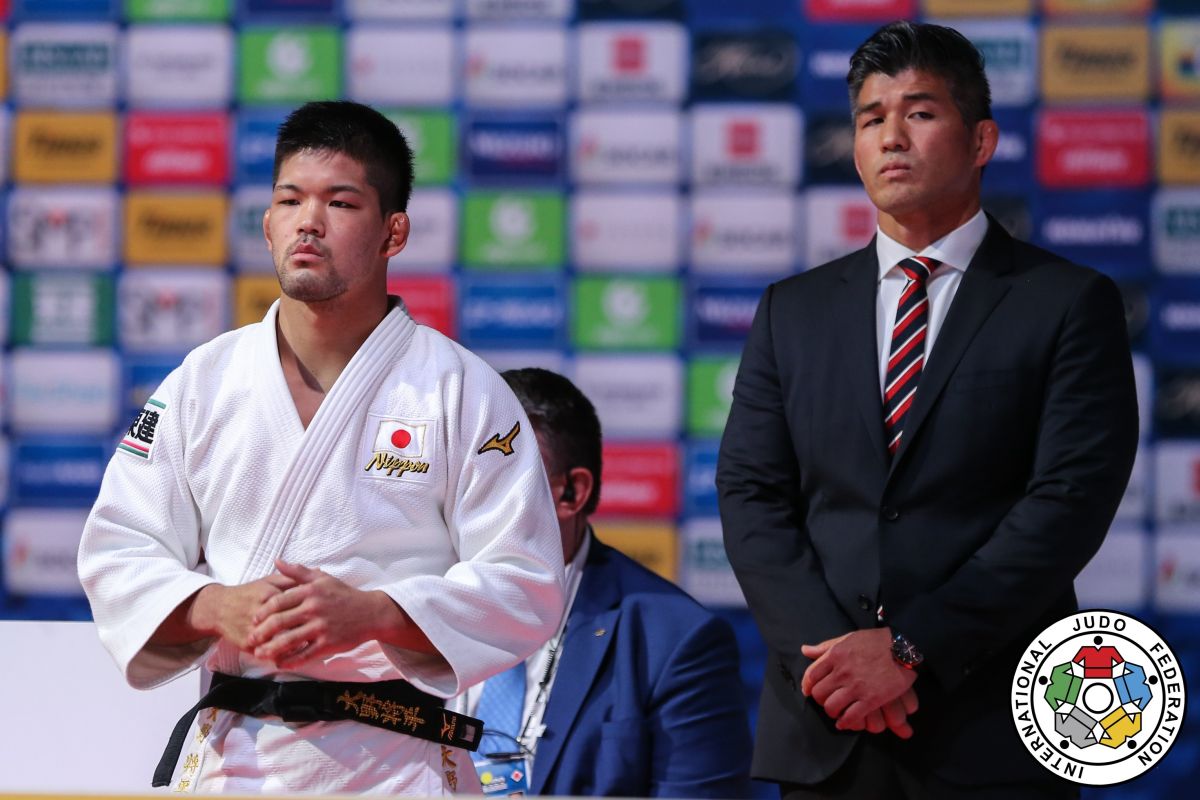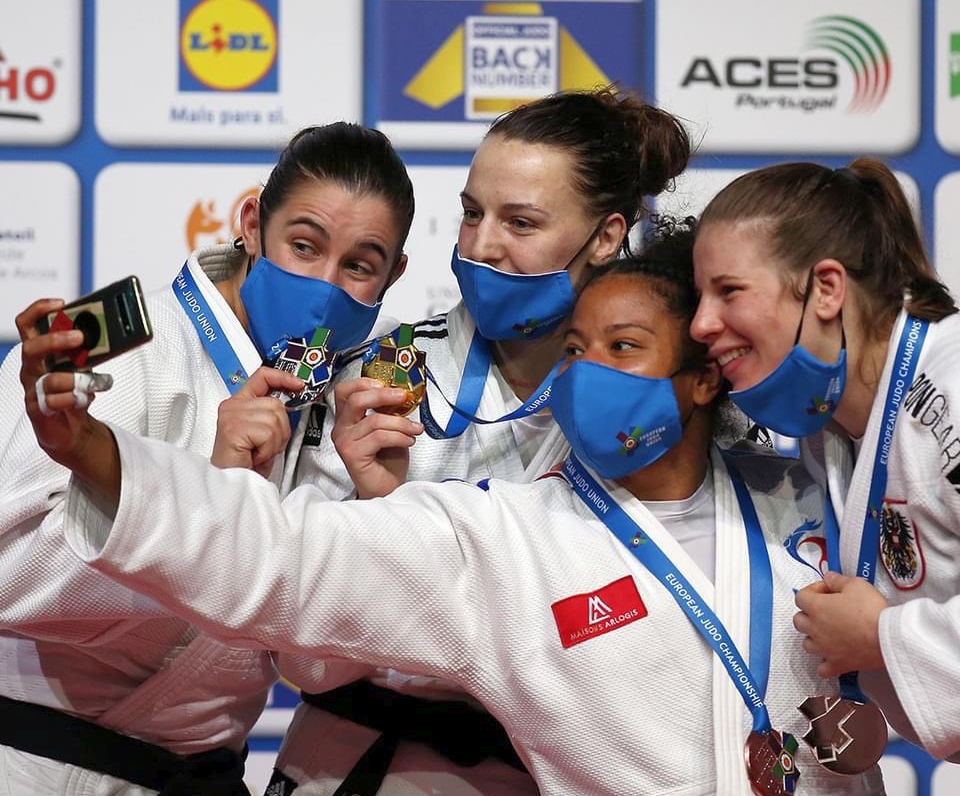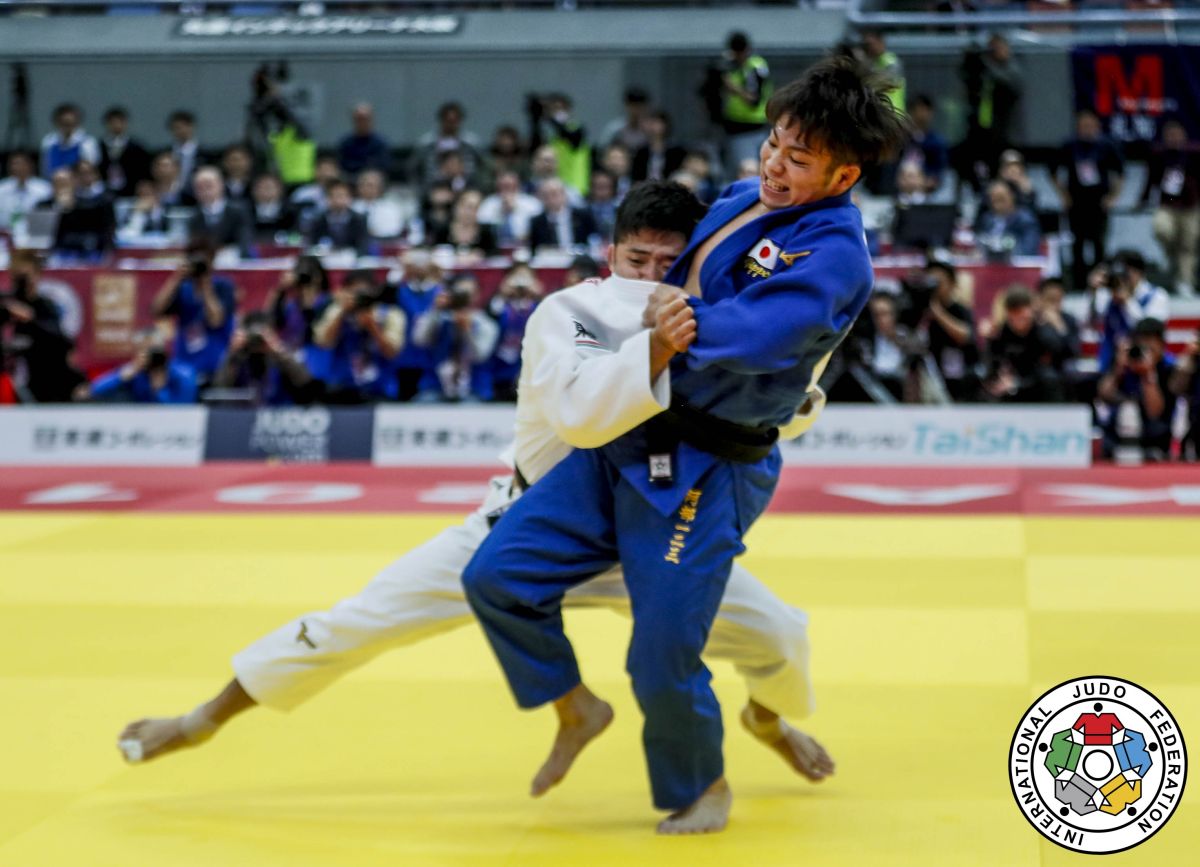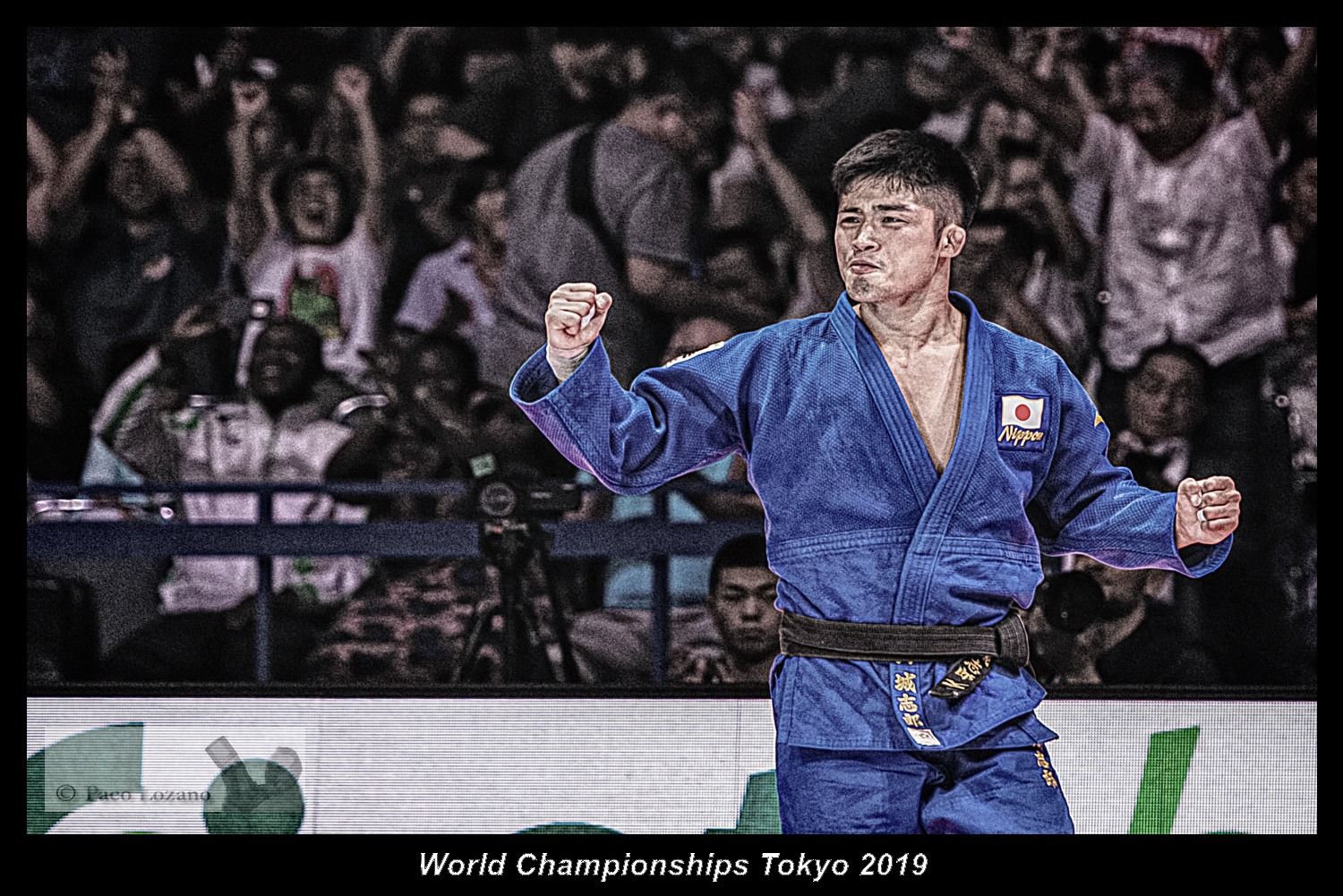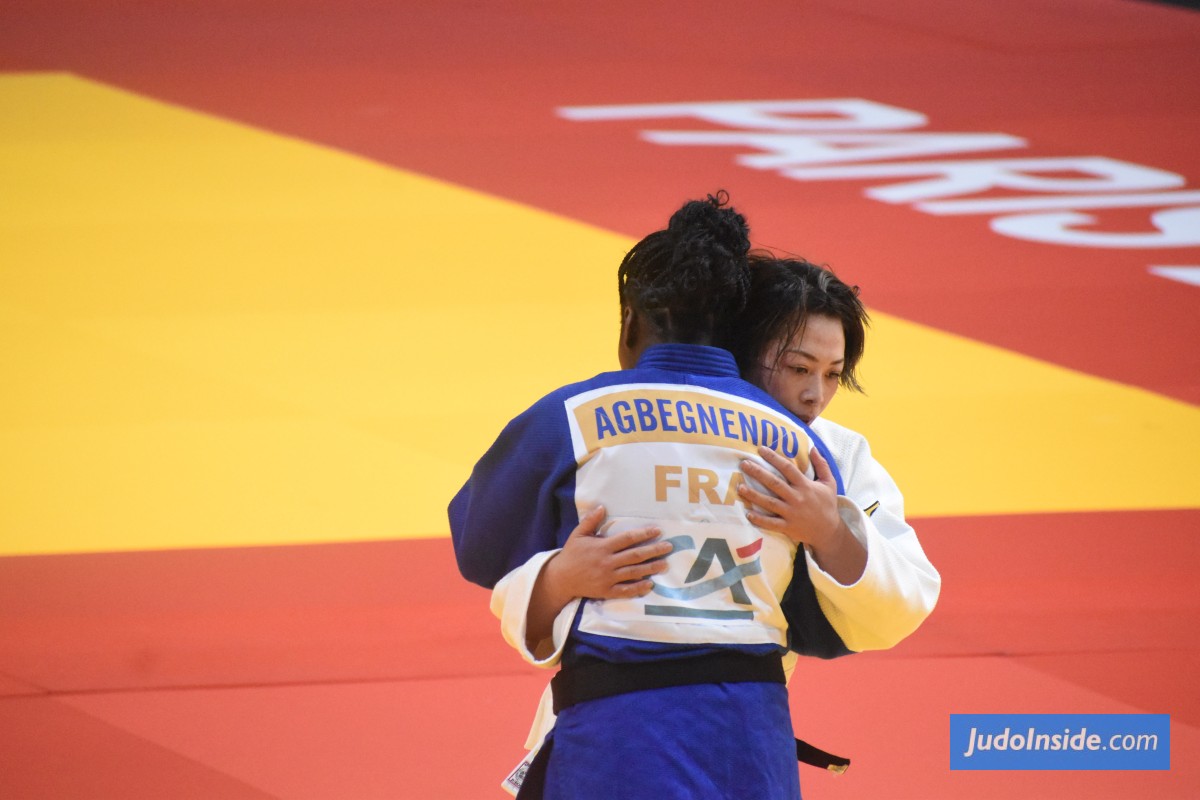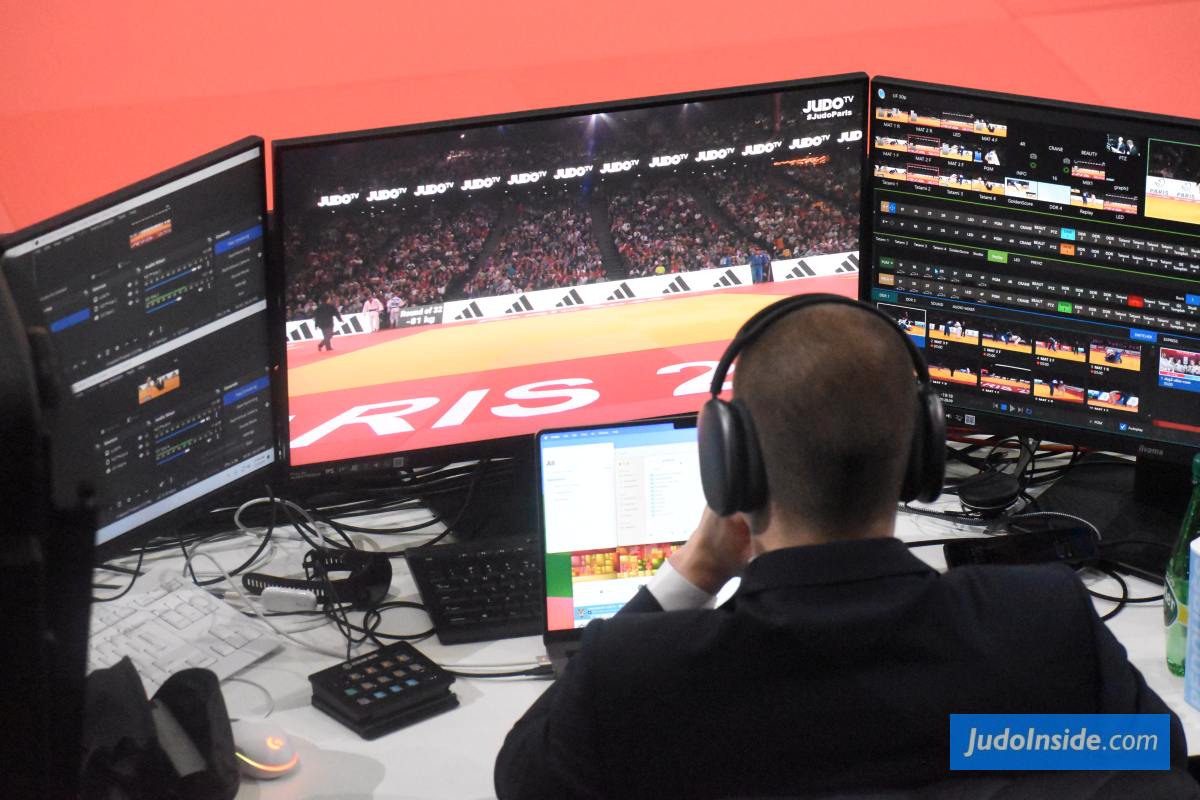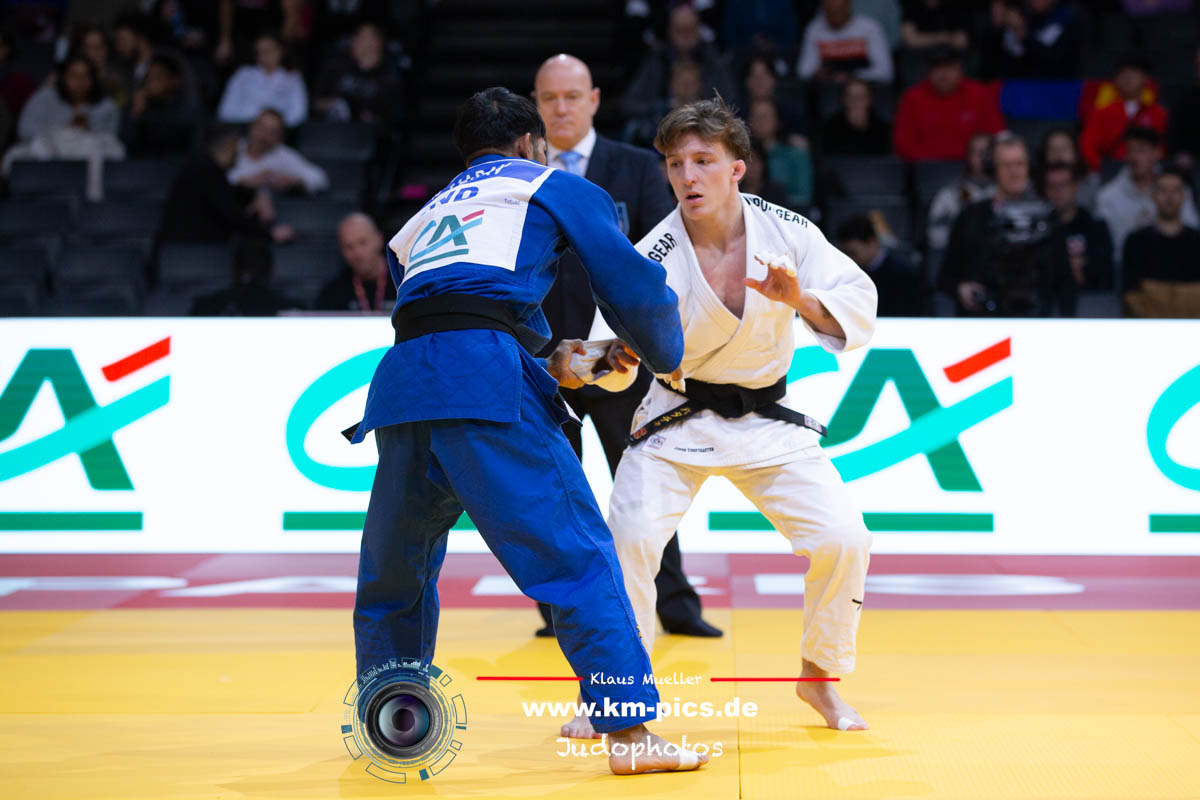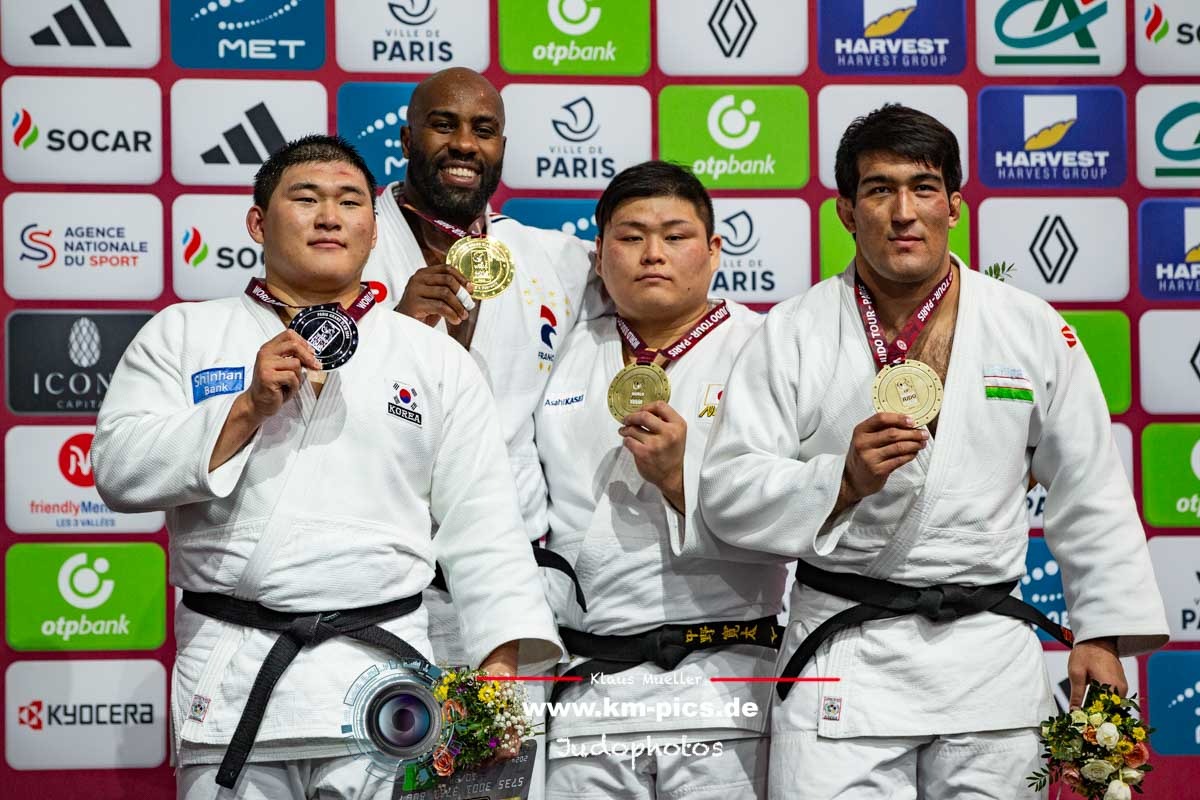Opinion: Proposals for future Olympic Qualification
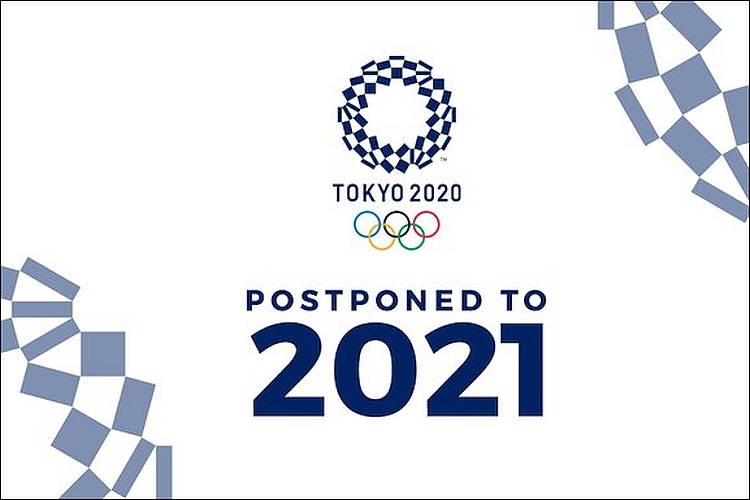
 19 Dec 2020 08:10
19 Dec 2020 08:10
 by Krzysztof Wiłkomirski
by Krzysztof Wiłkomirski

Any athlete knows and feels what a failure is, a loss in a sports career and the associated emptiness. We all know this feeling perfectly well, that's why it is so hard for to pass by indifferently when we see a huge injustice in sports. Krzysztof Wiłkomirski gives his proposal for the future Olympic qualification
In fact, it is impossible to create judo qualifications that are fair to everyone and at the same time do not kill weaker federations. Perhaps, however, it is worth looking for some, at least a bit fairer solution. In my opinion, the current system causes more harm than it benefits from popularizing judo and Olympic values.
To sum up: qualifications for Tokyo cannot be changed anymore, but maybe it's time to think about the future? Reflecting on all this, I came up with a few solutions that will eliminate the "killing" of the Grand Masters a little, keep the Olympic mission and the spirit of competition, and will not increase the number of competitors at the Olympics.
For me, it is fairer to cut a few wild cards and thus the participation of players who will (brutally speaking) only have a beautiful trip and often a few seconds "incident" in a competition, than "throwing" the best athletes overboard. Currently, although the Olympics are the largest sporting event in the world and the success at them for most disciplines is associated with the greatest splendor, in judo it is definitely more difficult to get a medal at the world championships than at the Olympics. Is this the way it should be? Maybe it is worthwhile to fantasize now, collect loose proposals like mine, look at, analyze and work out a model that would be fair.
My proposals for Olympic qualifications, assuming that 32 people of each weight category are going to the Olympics:
1. Similar to current system. Olympic ranking, continental places. Two places are for the IJF (exceptional situations, wild cards), the rest are based on the current qualifying system, except that passes are awarded to a maximum of two top-ranked representatives from one country in TOP 5. In such a system, only two countries can have an additional player. In the current situation, such a system would in principle eliminate most of the above-mentioned sports drama, and at the same time it would not affect the final list of players to a large extent.
1a. The system is the same as in point 1, except that the Games will be attended by a maximum of two top-ranked representatives from one country in TOP 10. In such a system, five countries may have an additional player.
2. The simplest form - two places are for the world federation (exceptional situations, wild cards), and the rest are the top 30 in the Olympic ranking, except that there can be no more than two people from one country.
2a. Two places are for the federation (exceptional situations, wild cards), and the rest are the best 30 from the Olympic ranking, with the proviso that there can be no more than two people from one country, and players from one country must be e.g. in the TOP 10 ranking. In this case, maximum of five countries in each weight category could have two representatives.
3. Two places are for the federation (exceptional situations, wild cards), four places for medalists in the last world championships held before the Olympics. The remaining 26 seats are distributed on a similar basis as proposed above. Here, for example, it can also be noted that if a compatriot of a world championships medalist is to win the final qualification, he must be in the TOP 10 of the Olympic ranking. Additionally, if at the world championships two people from one country win a medal, of course another representative from that country cannot qualify (unless, for example, the current medalist gets injured).
Perhaps these are not perfect systems, they probably require a detailed description and clarification, but they will certainly allow the best of the best to participate in the Olympics, so that the Olympic gold was not a coincidence, but actually the most valuable sports trophy.
 like
like
 share
share

| Result | City | Date |
|---|---|---|
| 2 | Paris | 2024 |
| 1 | Abu Dhabi | 2024 |
| 1 | Zagreb | 2024 |
| 3 | Belgrade | 2023 |
| 2 | Montpellier | 2023 |
